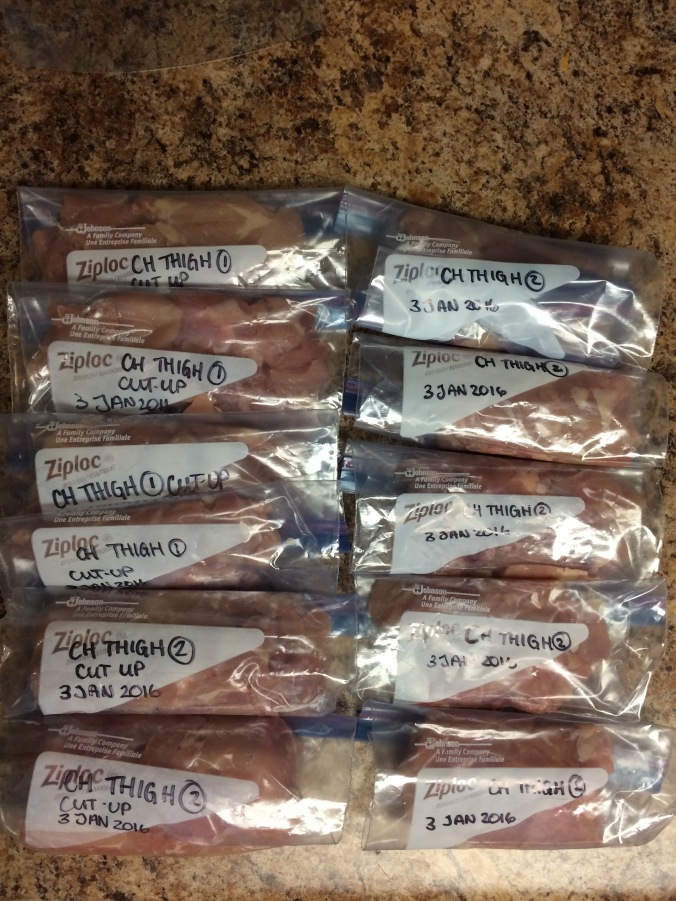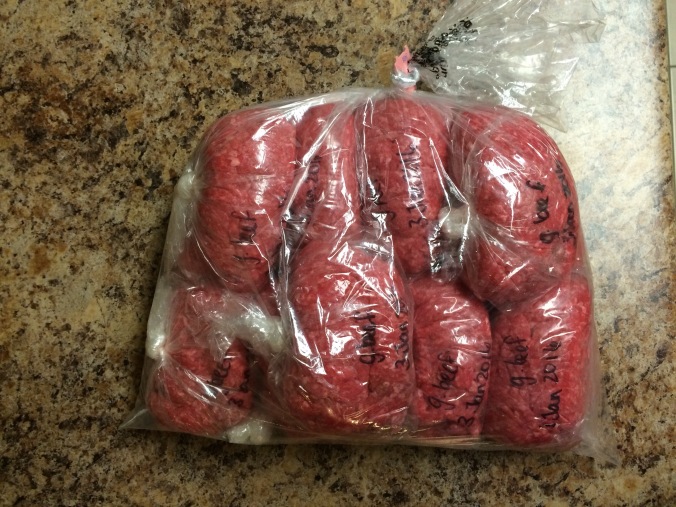Choosing courses seemed to be one of the most stressful periods of my undergraduate experience. Since I am completing a course-based Master’s program, I had the opportunity to… choose… courses… again.
However, unlike undergrad, I wasn’t choosing between American or Canadian Literature Survey courses, but between poetry of a small, regional area, or an ecocritical and national, fiction course. Having no experience studying Canadian Literature, this presented a dilemma with the standard questions: “How do I know if I’m going to be interested in something that specific at this early point in time?” Cue: Flashbacks to Grade Ten when we had to choose a university path at the tender, young age of 15 years old.
Well, I am here to tell you that it works out. I think that’s my current mantra, and I’m sure I will change my mind and panic another day, but so far, it works out. I never thought that I had an interest in Canadian Literature, for the sole fact that mainstream Canadian literature just doesn’t seem to align with my literary interests. However, in my fourth year of undergrad, I studied Canadian poetry and fiction of the Great War for a seminar class and boy, did that change my mind!
I ended up writing my graduate school thesis proposal about Canadian and children’s literature, and although I am not pursuing the thesis project in favour of taking more courses before I focus my research on one area, I remain fascinated by the intersections of K-12 pedagogy and Canadian children’s literature. After the seminar course on literature of the Great War, I also became interested in the construction of a national Canadian identity and how immigrant perspectives play into this identity. What I did not realize about this proposal was how narrow and optimistic my ideas of the “national Canadian identity” really were.
In a way, the propaganda literature convinced me, despite retrospectively reading the works 100 years later.
And my ideas of constructing a wonderful national identity- well, they lacked the voice of someone who was not afraid to challenge the optimistic ideal. I am confident these issues would have arisen early enough in my project to correct and modify the thesis of course, but I am happy I was able to gain perspective on these ideas simply by taking a course on regional Canadian poetry.
The first couple of weeks of my new Canadian poetry course consisted of studying Al Purdy, who was a poet that, to this day, is consistently used as an anthologized example of the Canadian national voice. Our discussions in class, informed by Mark Silverberg’s “The Can(adi)onization of Al Purdy,” revealed the limitations of considering a work through the checklist definitions of “Canadian” literature. By reading Purdy’s poetry through the lens of a nationalist perspective, nuances and subtleties of his poetry become lost in the midst of the wilderness landscape, survival, and self-deprecating voice (to name a few of Silverberg’s examples). We were rejecting the singularly traditional readings of Purdy as a nationalist example. That is to say, we were not rejecting Purdy as a Canadian poet, but table-fipping the elements of “Canadian identity” and pressing them against the regional and other aspects of the poetry.
With this renewed perspective, I was able to question what is it about national identity that is so appealing to me when in fact, it might not truly exist in a country so varied and dynamic. Sorry, I don’t have the answer. But it’s an interesting direction that I cannot ignore, especially considering my would-be research interests are sitting on the floor, having just been flipped off of a table.
What in the world does this have to do with choosing courses? It works out. I was hesitant to take this course, but after this feeling of excitement and enlightenment (I’m on my way to being the next Dalai Lama), I know things work out. Had I not taken this course, I never would have gained perspective in the exact opposite way my argument would have gone. *dramatic pause* Thanks, life.

